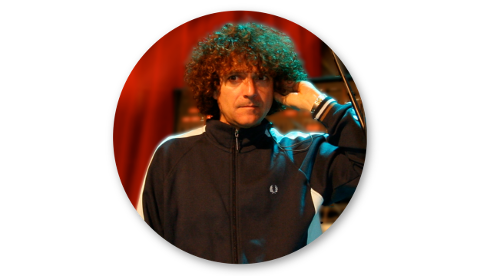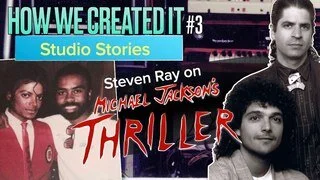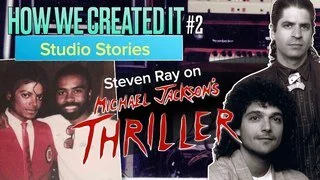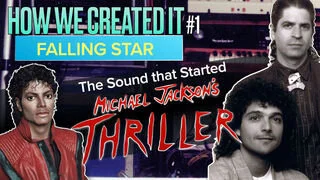This article was originally featured in Shoot Online in their front page news section. You can view it here.
By Anthony Marinelli
The recent legal decision against Robin Thicke and Pharrell Williams in the “Blurred Lines” music lawsuit may be blurring the lines even more for today’s spot composers and making things even harder for agency music producers.
It’s no joke when the integrity of the whole ad campaign you’re working on is in question due to an alleged music copyright infringement. It doesn’t even have to be a legitimate claim to start turning stomachs (and opening wallets). If there is a claim, all fingers will immediately point to the composer since he is ultimately liable for the originality of the music even though other participants may be contributing to its demise. IT IS his responsibility, not the ad agency, to do whatever homework is needed to protect the project from infringement claims. Unfortunately, there can be a lot of land mines in the way.
If a composer lived on Mars and could prove that they never had access to hearing the music in question, then I should think he’s safe. A more likely scenario is that we should come to expect a songwriter to be influenced by many songs or even an entire genre. We should assume that all of us have been influenced by what we’ve previously heard, and that there are some conventions that must be followed closely to define musical style.
When it comes to copyright infringement, there are a number of other factors that can be weighed. Beside access and intent, instrumentation, sound recording, melody, lyrics, harmony, bass line, beat, tempo, etc… are more components that can potentially add up to a costly verdict of plagiarism in a complicated judgment process.
I think it was unfair for a jury to make the “Blurred Lines” decision and not a qualified music expert. If the verdict is not overturned, they may be setting a new precedent based more on the songwriter’s stated intent to be reminiscent of a genre and less on a burden of proof from musical components contained in the song such as melody and harmony. I think the jury did the right thing based on what they were given and told to consider, but it’s a flawed process.
So, what can agency creatives and spot music composers do to keep lawsuits away? It’s not easy, especially if judgments now include not just similar melody but “influence of genre.” In the fast paced advertising world there is typically a need for quickly relatable ideas that move us emotionally. We like familiar phrases that we can sort of predict. The artists that shine most tend to find clever ways to satisfy us with familiarity while adding refreshing changes of pace to it. That’s part of the popular music art form. It’s a fine balancing act of managing familiar beats and melodies, but putting a wholly original spin on it. The right amount of “different” is what makes an artist great, and hopefully keep them out of court. Popular music is rarely about putting together “never heard before” collections of beats and melodies. Most songs follow verse, chorus, bridge patterns while repeating familiar four bar phrases. They’re typically not so original in the musical form department. It’s also not easy to remove an infectious pop song hook out of our head. We hear it, then we repeat it.
In a perfect world, advertising creatives will stop asking composers to sound exactly like familiar songs or temp scores (temporary music used for editing purposes) they have fallen in love with. Someday, maybe, consumers will not change the channel so quickly whenever they hear something new. Someday, composers and consumers will discover that new, original music can have a profound positive effect on their lives. Until then, music composers and producers must leave no stone unturned in their quest to avoid a random lawsuit.
Anthony Marinelli is a composer of music for the advertising industry, with over 500 spots to his credit. He is the principal of Los Angeles-based music and sound house Music Forever. Marinelli is very familiar with Marvin Gaye’s music, having produced in 2006 a lauded redo of the artist’s classic “What’s Goin’ On” with The Dirty Dozen Brass Band.







